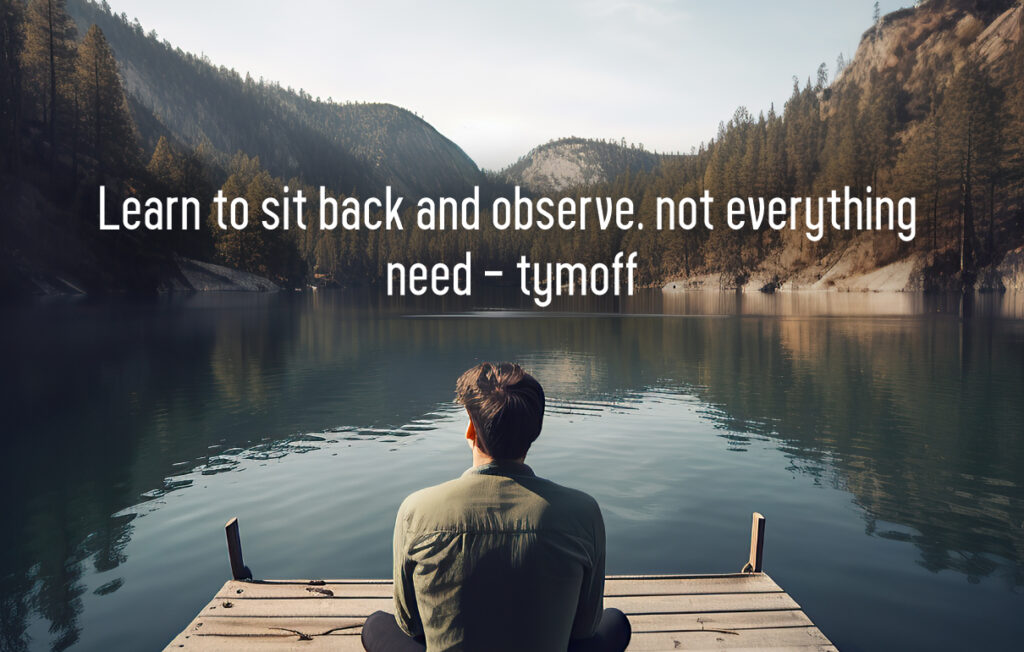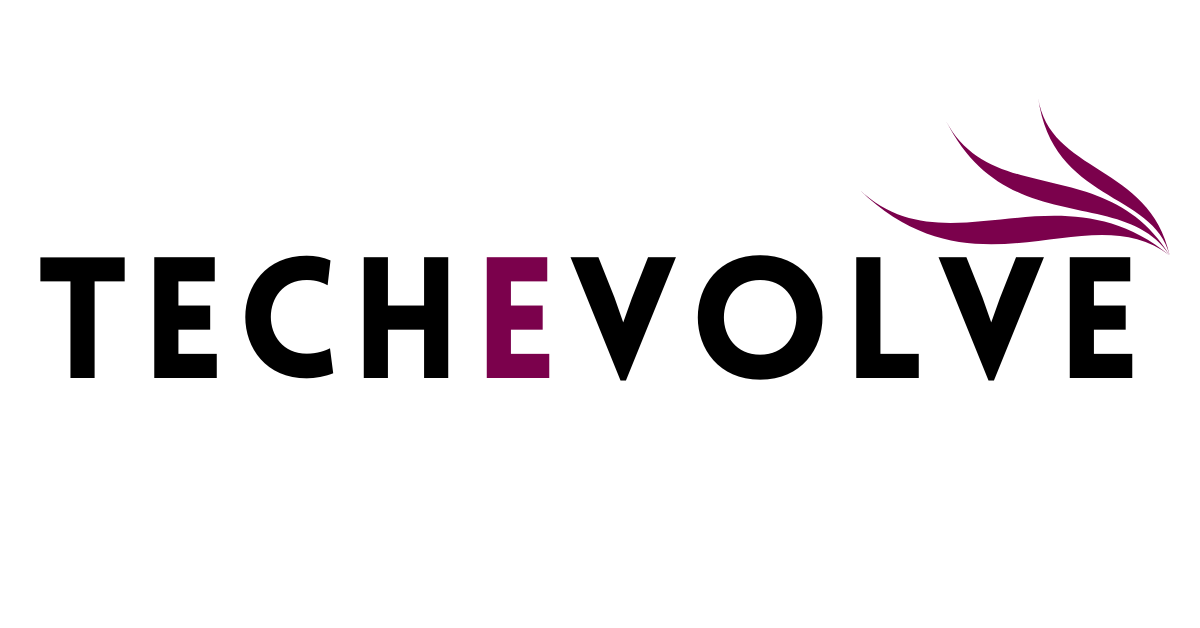The phrase “learn to sit back and observe. not everything need – tymoff” encourages a mindful approach to life where observation takes precedence over immediate reaction. By pausing to fully understand situations before acting, we can make more informed decisions, reduce stress, and avoid unnecessary conflict. This practice is particularly valuable in both personal and professional settings, as it allows for greater clarity, patience, and wisdom in navigating life’s complexities. Recognizing that not everything requires immediate attention or action is key to mastering this skill.
Table of Contents
The Benefits of Observing Before Acting
Embracing the mindset of “learn to sit back and observe. not everything need – tymoff” can lead to numerous benefits, especially when it comes to making decisions. By choosing to observe before reacting, you allow yourself time to gather all relevant information, leading to more thoughtful and informed decisions. This approach helps in avoiding impulsive actions that might be driven by emotions rather than logic.
Observing before acting also enhances your emotional intelligence. When you take a step back to observe, you become more attuned to your own emotions and those of others, which can improve how you manage relationships and handle conflicts. This mindfulness can lead to stronger, more empathetic connections with others, both in your personal life and in your professional interactions.
Moreover, the practice of observation fosters patience, which is a crucial component of personal growth. In a world where immediate responses are often expected, the ability to remain patient and reflective can set you apart. It allows you to navigate situations with a calm and measured approach, which can result in better outcomes over the long term.
How to Practice Sitting Back and Observing
To truly learn to sit back and observe as the phrase “not everything need – tymoff” suggests, it’s important to cultivate certain habits. One effective method is through mindfulness practices, such as meditation or deep breathing exercises, which can help you develop greater awareness and presence in the moment. These practices train your mind to slow down and focus, making it easier to observe without rushing to judgment.
Another key aspect is developing patience. This can be achieved by consciously choosing to delay reactions in everyday situations. For example, when faced with a decision, take a moment to breathe and think before responding. Over time, this habit will help you become more comfortable with observation and less inclined to react impulsively.
Reflection is also an important part of learning to observe. Taking time each day to reflect on your actions and decisions can provide valuable insights into how well you are applying this practice. Journaling or simply spending a few quiet minutes reviewing your day can reinforce the habit of observation and help you make continuous improvements.

Common Challenges and How to Overcome Them
While the concept of “learn to sit back and observe. not everything need – tymoff” is simple, practicing it consistently can be challenging. One common obstacle is the urge to react quickly, which is often driven by stress or the desire to resolve issues immediately. To overcome this, it’s helpful to remind yourself that not all situations require an instant response, and that taking time to observe can lead to better outcomes.
Another challenge is dealing with the anxiety that can arise when you feel pressured to act. In such cases, practicing deep breathing or other calming techniques can help you stay grounded and focused on observation rather than reaction. It’s also important to trust in the process and understand that patience often yields better results.
Balancing observation with necessary action is another hurdle. While it’s important to observe, there are times when action is required. Learning to discern when to act and when to observe comes with practice and experience. Start by experimenting in low-stakes situations, gradually building your confidence in making these decisions.
The Role of Observation in Personal Growth
The philosophy of “learn to sit back and observe. not everything need – tymoff” plays a significant role in personal growth. By observing others, you can learn valuable lessons that contribute to your own development. Whether it’s adopting positive behaviors or avoiding the mistakes of others, observation offers a unique opportunity to grow without directly experiencing every situation.
Furthermore, observation enhances self-awareness. By taking the time to observe your own actions and reactions, you can gain deeper insights into your behavior, motivations, and triggers. This self-awareness is crucial for personal growth, as it enables you to make conscious changes and improvements in your life.
Overall, the habit of sitting back and observing can lead to a more thoughtful, intentional way of living. It encourages you to approach life’s challenges with patience and wisdom, ultimately contributing to a more balanced and fulfilling existence.
Practical Applications in Everyday Life
The principle of “learn to sit back and observe. not everything need – tymoff” can be applied in various aspects of everyday life. In the workplace, for example, taking a moment to observe before responding to emails or making decisions can lead to better outcomes and reduce stress. Leaders who practice observation often make more strategic decisions and are better equipped to handle challenges.
In relationships, observation can improve communication and understanding. By listening and observing before speaking, you can avoid misunderstandings and respond more thoughtfully to others’ needs and emotions. This can lead to stronger, more harmonious relationships.
In personal development, incorporating observation into your daily routine can help you become more aware of your habits and behaviors. This awareness is the first step toward making positive changes and achieving your goals. Whether it’s through journaling, meditation, or simply taking a few moments each day to reflect, observation can be a powerful tool for growth.
Conclusion
The phrase “learn to sit back and observe. not everything need – tymoff” serves as a valuable reminder that not every situation requires immediate action or involvement. By choosing to observe first, you can make more informed decisions, develop greater emotional intelligence, and foster personal growth. In a world that often demands quick responses, the ability to sit back and observe is a skill that can lead to a more balanced, thoughtful, and fulfilling life. Start practicing this approach today, and you may find that it not only reduces stress but also enhances your overall well-being and success.
